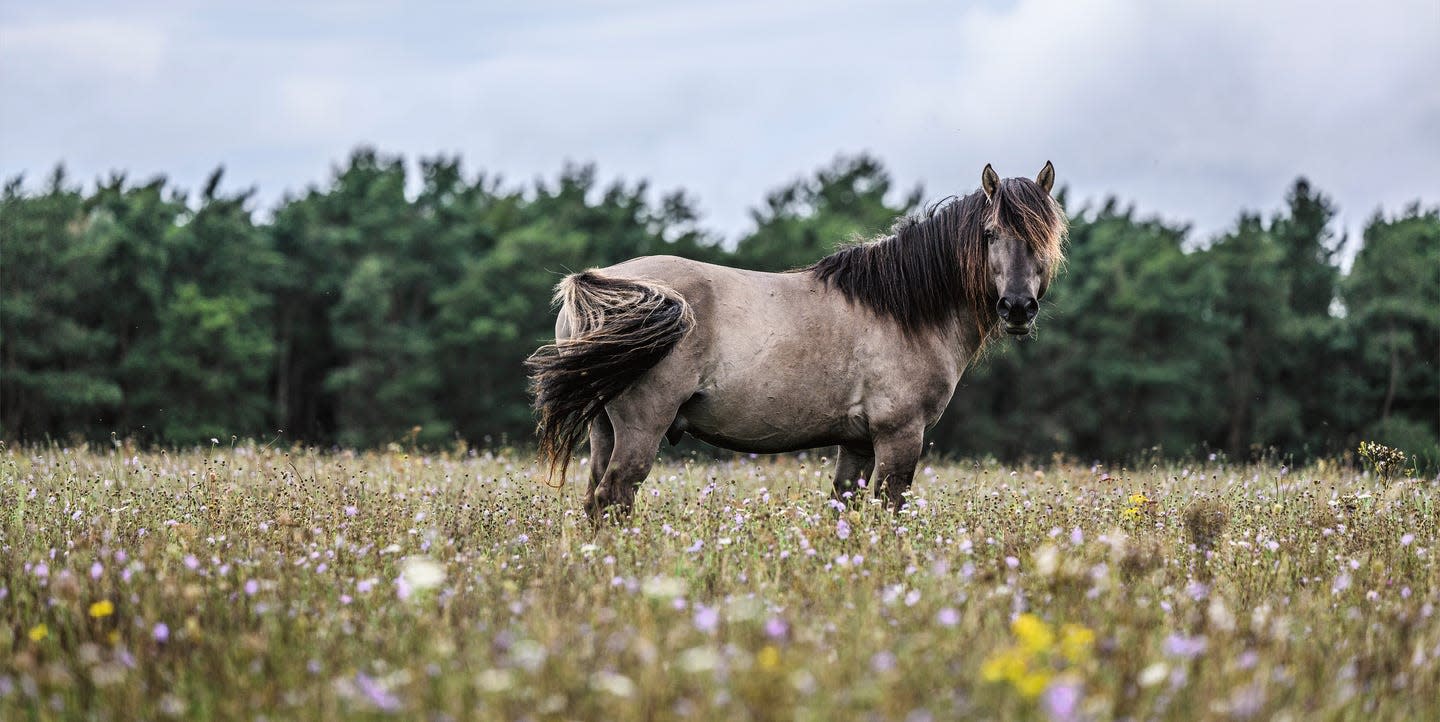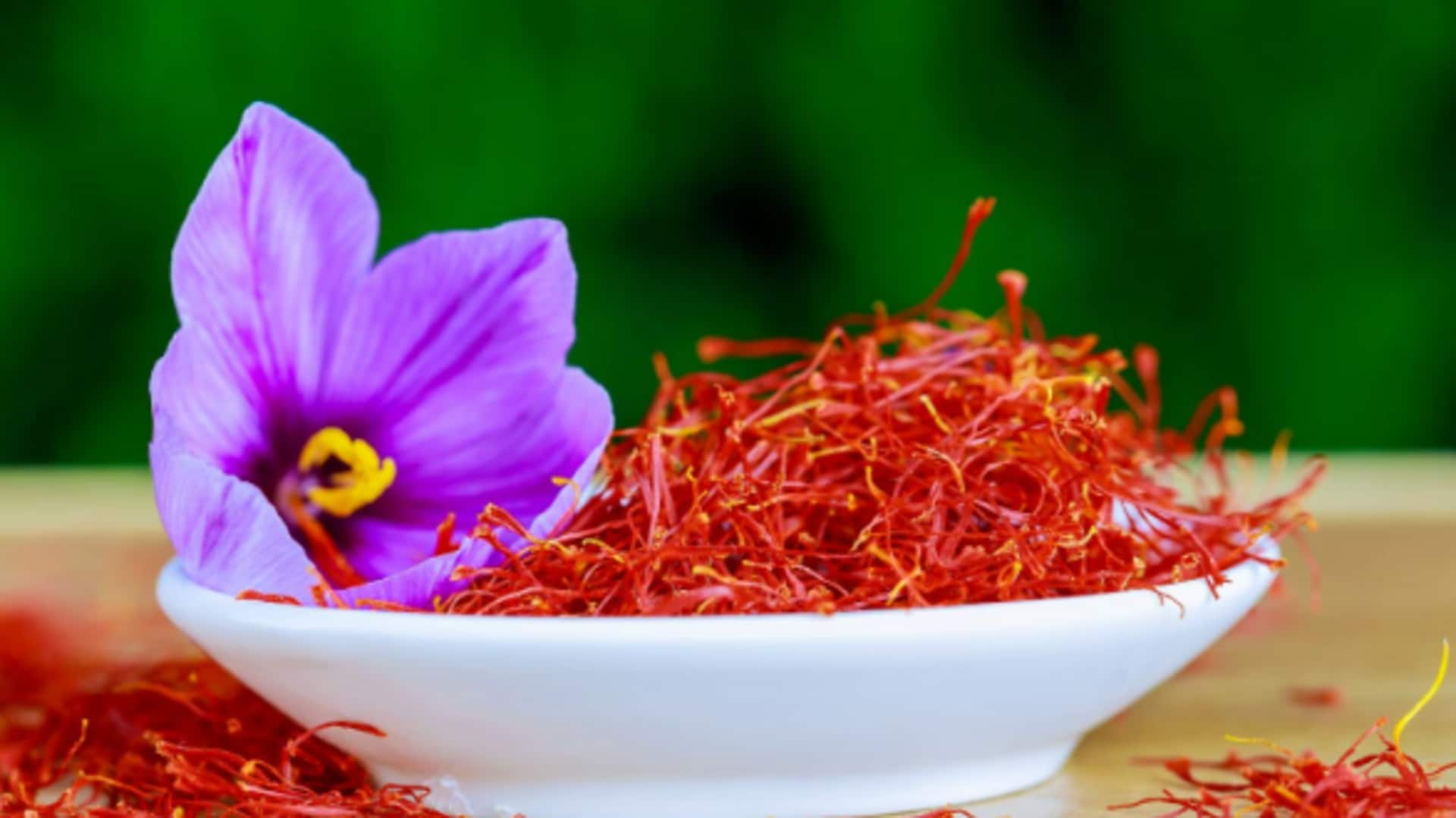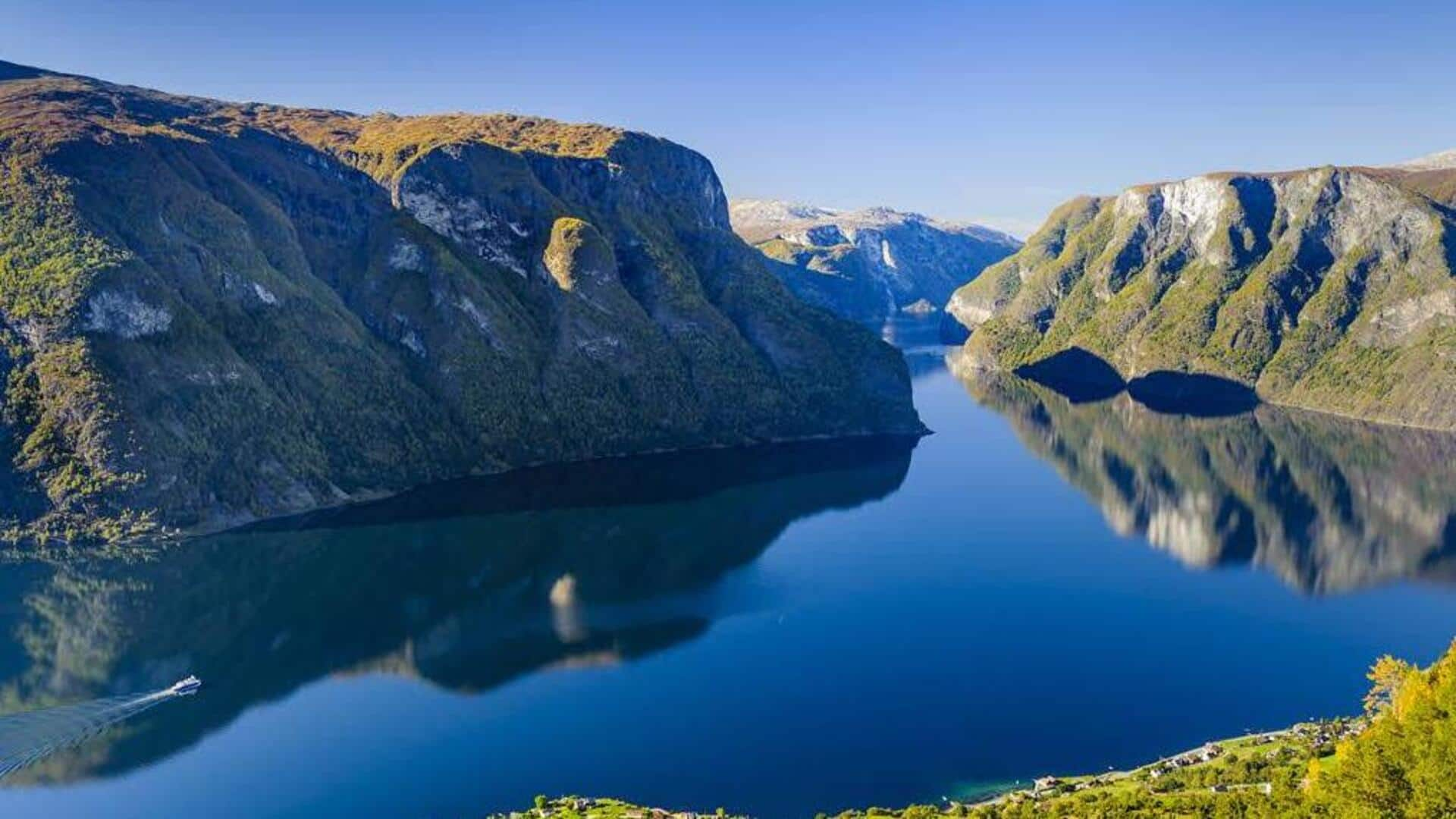Animals have always been my escape from the challenges of living with Autism Spectrum Disorder (ASD). As a child struggling in mainstream education, I would come home from a horrendous day at school and disappear into books and nature programmes. I was obsessed with animals from an early age and when I was two, my mum started taking me to Africa Alive, the conservation zoo near our home in East Anglia.
Walking through the gates was like the flick of a switch: my vanished immediately as I was captivated by the beautiful patterns and vibrant colours of the zebras, giraffes and flamingos. When I sat on a pony for the first time aged six, I felt safe. We were at Fritton Lake on the Suffolk-Norfolk border, one of my favourite days out when I was younger.

It had a riding centre and my mum would later treat me to a pony ride whenever she could. The thrill of being in the saddle each time would leave me beaming from ear to ear. I found the ponies so peaceful to be around.
I knew that they would never ridicule or bully me. It took a long time to get my ASD diagnosis. I was 11 and had missed out on the early intervention that would have helped me navigate the challenges I went on to face.
The social difficulties that autism brings, coupled with , meant that I struggled to talk to almost anyone, and I didn’t understand why I felt different. By 14, mainstream school had become unbearable. Bullies would throw food, punches and verbal abuse my way with a relentless determination to destroy.
I would soldier on until I got home, then crumple. Eventually, I refused to leave my bedroom. I didn’t want to be alive anymore.
Things began to change when I started a placement at an centre. I would escape school every Wednesday to spend the day feeding and grooming horses. Later, I began attending a care farm in Norfolk, which offers farm therapy.
I didn’t speak to anyone for the first few weeks – I had become so used to being laughed at that I preferred to hide away – but through activities, such as feeding animals and growing crops, I learned new skills, gained confidence and came out of my shell. I took my first photographs soon after. My mum suggested I take her compact camera into the garden to .
Soon, I turned the camera on my best friend, Rosie, our photographing her obsessively. Then I went to Africa Alive to take pictures of the zebras, giraffes and all the other animals I loved. As I learned more about the camera, my family learned more about me.
Photography had become the means of expressing myself that I had yearned for. I had lived so many years under a cloud of frustration, unable to explain how overwhelming I found the world. By photographing all the small details around me, I could show them why certain things were so visually pleasing to me and why some environments were so difficult.
My mum battled for years to get me into a private special educational needs school. At Centre Academy East Anglia, I felt as though I could unfurl and stretch after being trapped in a box for most of my life. I continued to take photographs of ducks on the school’s pond, visiting local zoos whenever I got the chance, and one day I showed my photographs to the school’s principal, the late Dr Duncan Rollo.
He insisted we share them with the school community and some of his publishing contacts. That led to a sell-out exhibition and the publication of my first book, Wild World, in September 2021. Wild Horses, my second book, has been an enormous undertaking.
I spent two years observing and recording the semi-feral ponies that roam the heathlands of Norfolk, the commons of the and the mountains of Eryri [Snowdonia] – always from a safe and respectful distance. These photographs remind me of the progress I’ve made since I first encountered horses. Creating them has been a journey of healing and self-exploration.
There is no greater escape for me than to roam in nature with a camera around my neck or to sit at my desk dreaming up and sketching out potential photographs. The camera has become a great outlet for my emotional energy – a voice in many ways – and my subject, the natural world, has become my greatest healer. It feels magical when my story inspires other people.
I have been fortunate to visit special educational needs schools across the UK. When young people learn that I, like them, am autistic, their faces light up as they realise they can turn their dreams into reality, too. My message is to get out into nature, surround yourself with the wonderful flora and fauna we share our planet with and feel the sunshine on your back and the wind blowing through your hair.
It can transform you. Autism is a lifelong disability that affects how people communicate and interact with the world. There are more than 700,000 people on the autism spectrum in the UK.
It can be a very limiting condition: only one in six autistic people has a full-time job in this country. The National Autistic Society is the UK’s leading charity for autistic people. , who wrote the foreword to Alfie’s book, is one of the principal ambassadors.
For more details, go to ..



















